Antimony Potassium Tartrate from grapevines
In the Middle Ages, Paracelsus recommended various antimony-containing formulas like Antimony Potassium Tartrate, also know as emetic tartar for medical applications – both externally and internally. Due to the toxicity of almost all antimony compounds, only a few antimony-containing drugs are still in use today. Nevertheless, the worldwide extraction of antimony compounds like emetic tartar […]
Read moreAzadirachtin – environmentally friendly biopesticide from the neem tree
Azadirachtin is a chemical compound belonging to the limonoid group. It is a secondary metabolite found in the seeds of the neem tree (Azadirachta indica). It is a highly oxidized tetranortriterpenoid derived from naringenin. It boasts aplethora of oxygen-bearing functional groups, including an enol ether, acetal, hemiacetal, tetra-substituted epoxide and various carboxylic esters. The structure […]
Read moreActive ingredient of the month April: Bisacodyl
Our active ingredient of the month, Bisacodyl, belongs to the group of laxatives. In the form of enteric-coated tablets or suppositories, it is usually used for a short time for constipation – since the 1950s. Special feature: dual mechanism of action Bisacodyl offers a dual mechanism of action: on the one hand, it stimulates the […]
Read moreMarshmallow root – particularly effective for dry, irritating coughs
Even in ancient times, marshmallow (Althaea officinalis), also known as white mallow, was used for medicinal purposes. The ingredients have an anti-irritant and anti-inflammatory effect. In traditional medicine, the plant was used to soften skin and mucous membranes. The mucousifying effect makes the plant preparation ideal for treating inflammation of the respiratory tract, mouth and […]
Read moreFrom scouting to project management: We support your innovation process
Scarcity of raw materials, legal requirements, patent expirations, increasing competition, global pressure. These are challenges that almost every industry faces. In particular, the pharmaceutical and chemical industries. This is aggravated by pronounced regulatory requirements. Pharmaceutical industry: Expenditure on research and development particularly high Regulations and safety standards are constantly changing. Pharmaceutical and chemical companies must […]
Read moreActive ingredient of the month March: Sodium hyaluronate
Sodium hyaluronate or hyaluronic acid is an endogenous substance that is mainly found in joints and connective tissue. Together with water, hyaluronic acid forms a viscous gel, making it the ideal lubricant in the body. Astonishingly, one gram of hyaluronic acid is able to bind up to six liters of water. This extraordinary storage capacity […]
Read moreSwiss Biotech Day 2024 in Basel
We will participate in the Swiss Biotech Day Congress on April 22/23, 2024 in Basel. Feel free to contact us to make an appointment. We look forward to meeting you in person.
Read moreBiopesticides in the European Green Deal
Biopesticides are an important part of the European Green Deal. The Green Deal is a European Union policy initiative that aims to make the EU climate-neutral by 2050 and promote a sustainable economy.As part of the Green Deal, various measures are being taken to reduce the environmental impact of agriculture and promote sustainable practices. Biopesticides […]
Read moreActive ingredient of the month February: Bee venom
For centuries, traditional medicine has used honeybee venom for its anti-inflammatory effects. Of central importance is the main ingredient melittin. Melittin: A hundred times stronger than cortisone The melittin from the venom of the honey bee has long been known for its strong effect in laboratory experiments. In case of inflammation, it has a hundred […]
Read moreSustainable and cost-saving: Industrial storage for our photovoltaic system
A lot has happened behind our company building lately. In addition to our photovoltaic system, a FENECON Industrial S industrial storage system was installed here. It is a well-known fact that the energy of a photovoltaic system is not constantly available. If the sky is overcast for a longer period of time, the self-generated electricity […]
Read moreGlycoalkaloids: Potatoes and tomatoes as potential drug suppliers against cancer
The solanine contained in potatoes is one of the glycoalkaloids (naturally occurring phytochemicals). Nightshade plants produce these substances to ward off pests and pathogens. The bioactive compounds can also be toxic to humans. However, researchers have now found that in therapeutic doses, they cause cancer cells to die and suppress the formation of metastases. According […]
Read moreActive ingredient of the month January: Sirolimus
Sirolimus, also known as rapamycin, is an immunosuppressant and mTOR inhibitor with a macrolide structure. It is a product of the streptomycete Streptomyces hygroscopicus. This species of bacteria was first isolated from the soil of the island of Rapa Nui. Active ingredient from Easter Island avoids restenosis in stents Sirolimus is indicated for: Prophylaxis of […]
Read more

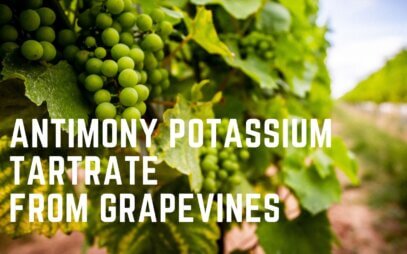



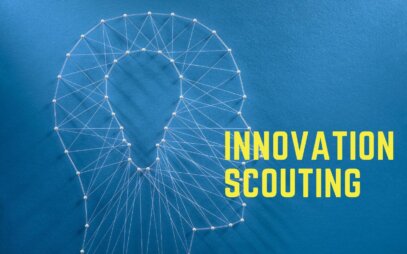



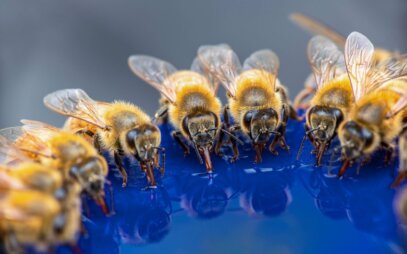

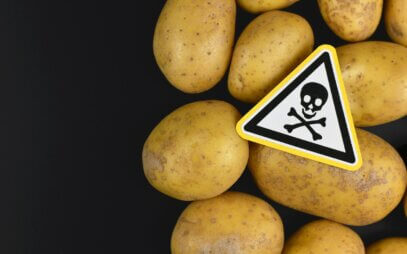
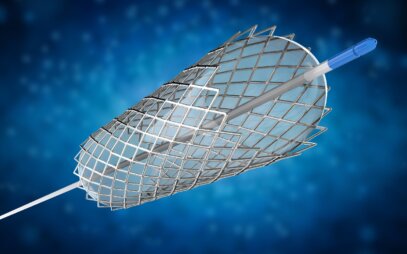
 4c media
4c media